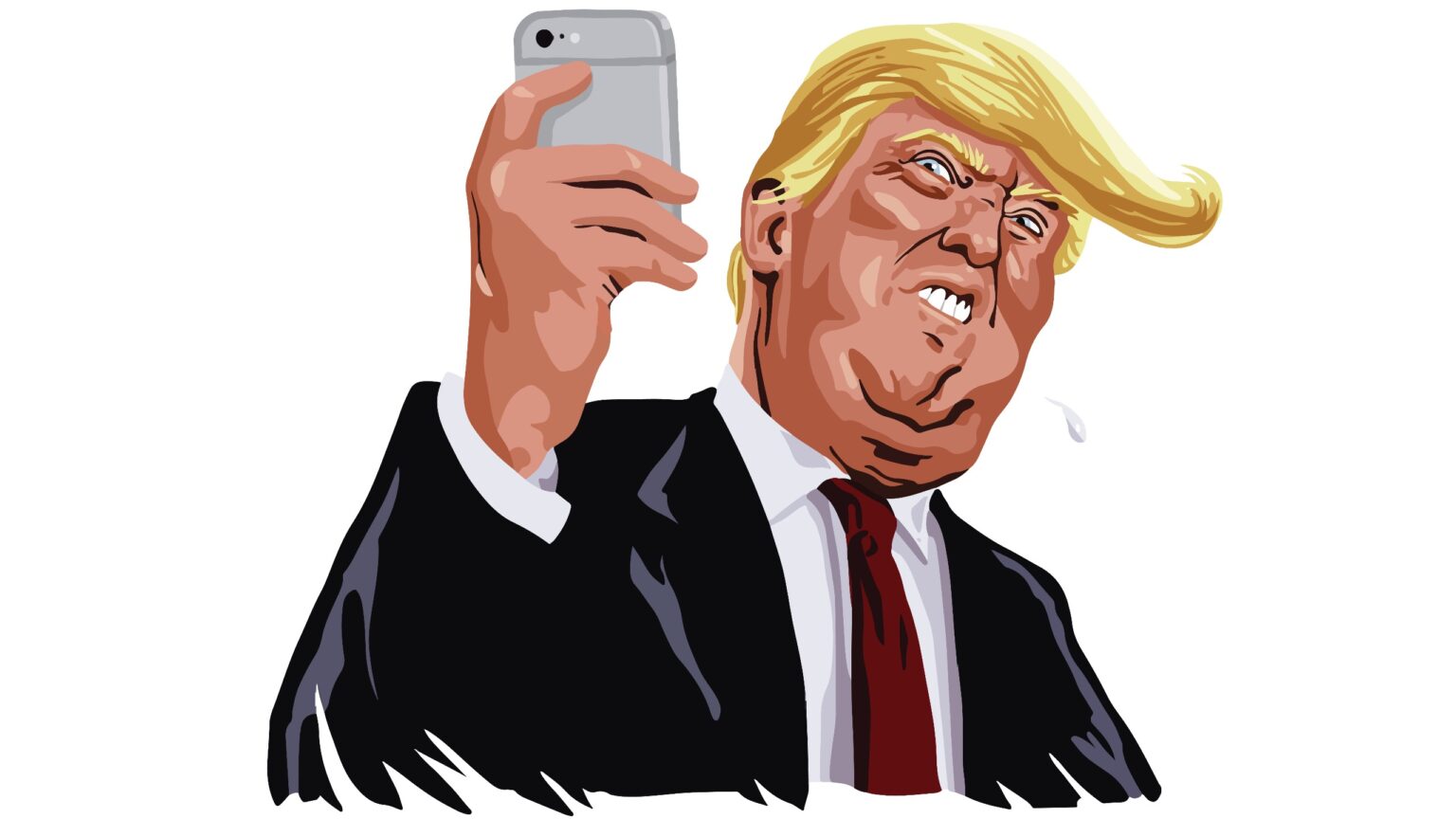Meta has said it will restore the Facebook and Instagram accounts of former U.S. President Donald Trump “in the coming weeks,” ending a two-year suspension.
Trump, who has 34 million followers on Facebook and 23 million on Instagram, was banned from both platforms following the Capitol riots on Jan. 6, 2021. Meta said that the real estate billionaire was barred for his “praise for people engaged in violence at the Capitol.”
Also read: Twitter ElonJet Ban Raises Questions About Elon Musk’s Free Speech Ideals
In a Jan. 25 blog post, Meta’s president of global affairs Nick Clegg, said the social media company will reinstate Trump’s accounts in the coming weeks but “with new guardrails in place to deter repeat offenses.”
“Like any other Facebook or Instagram user, Mr Trump is subject to our community standards,” Clegg, a former UK deputy prime minister, wrote.
“In the event that Mr Trump posts further violating content, the content will be removed and he will be suspended for between one month and two years, depending on the severity of the violation.”
As a general rule, we don’t want to get in the way of open debate on our platforms, esp in context of democratic elections. People should be able to hear what politicians are saying – good, bad & ugly – to make informed choices at the ballot box. 1/4
— Nick Clegg (@nickclegg) January 25, 2023
Donald Trump ban divided opinion
The decision to ban Trump was incredibly divisive. Before his ban, Meta, the world’s biggest social media firm, “had never suspended the account of a sitting head of state for violating its content rules.” Meta suspended the then-U.S. president’s accounts indefinitely.
Explaining the decision, Clegg said the suspension was “an extraordinary decision taken in extraordinary circumstances.” Meta referred the case on whether to permanently ban Trump to its independent oversight board.
The board upheld the decision but criticized the open-ended nature of the suspension and the lack of clear criteria for when and whether suspended accounts will be restored. It directed Meta to review the decision and the company said it would do so two years after the ban.
Clegg said a review has now found that Trump’s accounts no longer posed a serious risk to public safety, which would otherwise warrant an extension of the “suspension beyond the original two-year period”.
Eventually, Meta decided that its platforms should be available for “open, public and democratic debate” and that users “should be able to hear from a former President of the United States, and a declared candidate for that office again.”
“The public should be able to hear what their politicians are saying – the good, the bad and the ugly – so that they can make informed choices at the ballot box,” said Clegg.
Trump announced he will be running for the U.S. presidency again in 2024. Meta’s decision to reinstate Trump has divided opinion. While Republicans praised the move as a victory for free speech, Democrat Adam Schiff criticized it as “dangerous”.
Donald Trump claims Facebook ‘lost billions’ after his ban
In a post on Truth Social, reshared by others on Twitter, Trump responded saying, Facebook “lost billions of dollars in value since deplatforming your favorite President, me…”
“Such a thing should never again happen to a sitting President, or anybody else who is not deserving of retribution!” he added. Trump, who founded Truth Social after his Facebook ban, did not say if or when he would start posting on Meta apps again.
Trump responds on Truth Social: pic.twitter.com/8PaQOJ1ehU
— Makena Kelly (@kellymakena) January 25, 2023
Donald Trump was also suspended on Twitter, YouTube and SnapChat following the Capitol riots. New Twitter CEO Elon Musk reinstated the account in November last year but the former president is yet to post anything there.
Some reports suggested the silence is due to an exclusivity agreement he has with Truth Social, which requires him to post all news to the app six hours in advance of any other platform. That agreement expires in June.
Truth Social
Trump launched Truth Social, a right-wing social network created to challenge the likes of Twitter, in February 2022.
The social network brands itself as “America’s ‘big tent’ social media platform.” Truth Social claims that it “encourages an open, free, and honest global conversation without discriminating on the basis of political ideology.”
In August, the app reached number 25 on Apple’s App Store rankings for social media apps. Truth Social has weathered reports of financial difficulty, regulatory issues and a ban from the Google Playstore, to continue to see impressive growth throughout 2022.
However, the platform could face problems again should Trump start utilizing Facebook and Twitter like he did in the past. The former president boasts a following of 5 million on Truth Social, which is far much smaller compared to the followers he has on the platforms that banned him.









 and then
and then